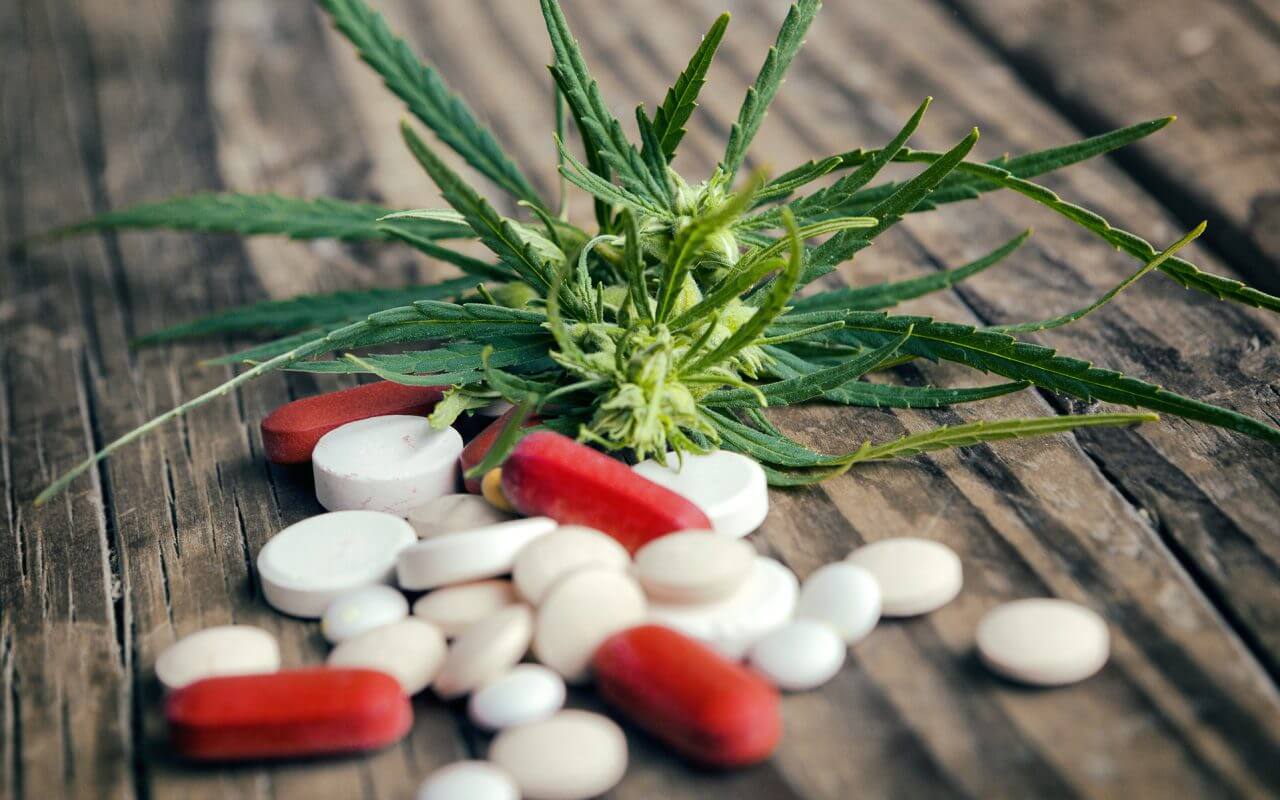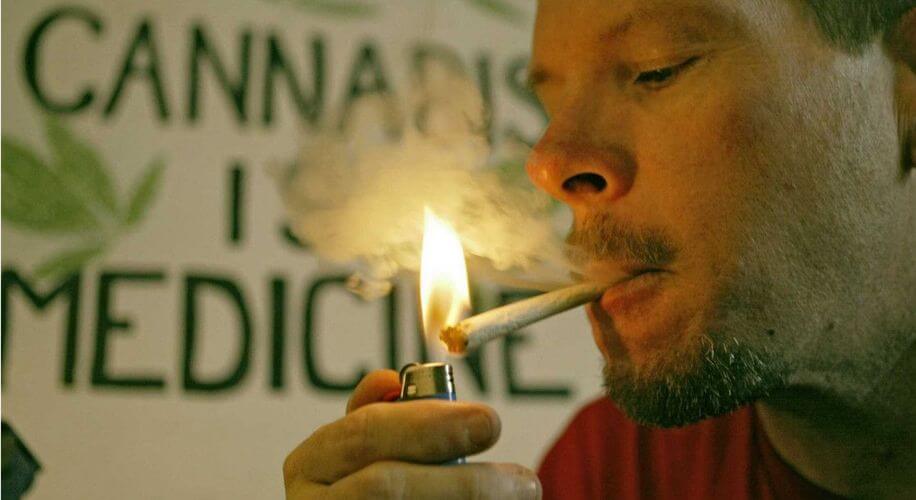Roger Chriss
The opioid crisis is an ongoing
national tragedy. One commonly suggested response is cannabis. But
emerging state and national statistics as well as public health research
strongly suggests that cannabis will not help the crisis and may even
make it worse.
There is an ongoing push to legalize medical cannabis as an
alternative to opioid analgesics. States like New York and Illinois
already have cannabis as a replacement for opioids in chronic pain
management and as an option for treating opioid use disorder. New Jersey
is also considering “weed in the fight versus the opioid crisis.”
However, a recent analysis
published in JAMA Internal Medicine found that opioid death rates rose
in jurisdictions with legalized cannabis. In the analysis, Dr. Archie
Bleyer and Brian Barnes compared opioid overdose rates in jurisdictions
with and without legalized medical or recreational cannabis. As reported
in the Bend Bulletin, “Bleyer and Barnes found that by 2016, legalizing
states had 55 percent higher overdose death rates than states that had
not legalized.”
This may seem to run counter to prior research. For instance, a 2014 JAMA study
found that “Medical cannabis laws are associated with significantly
lower state-level opioid overdose mortality rates” between 1999 and
2010. But the study authors note: “our findings apply to states that
passed medical cannabis laws during the study period and the association
between future laws and opioid analgesic overdose mortality may
differ.”

An often-cited 2017 study
from the University of New Mexico showed that people with chronic
musculoskeletal pain preferentially used medical cannabis over opioid
analgesics. But this result was preliminary and small-scale, suffered
from selection bias, and was unrelated to opioid addiction or overdose.
In other words, prior results at most found an association that has
not held up with time. And current research and statistics tend to show
that cannabis isn’t helping the opioid crisis.
Recent data from Colorado shows
“the number of newborns in the state addicted to opioids jumped 83
percent from 2010 to 2015,” a result that suggests rising levels of
long-term opioid use.
Similarly significant increases in fatal overdoses
involving opioids are emerging in Washington state.
Studies on cannabis for the treatment of opioid addiction have shown
little benefit. A recent study on the effect of cannabis availability
for methadone treatment of opioid addiction found
no benefit. Similar work from earlier this year found that cannabis was ineffective in treating pain, sleep, or anxiety issues in people undergoing medication-assisted therapy (MAT) for opioid addiction.
Large-scale reviews of levels and dosages of prescription opioids in Medicaid enrollees have shown some
benefit
from medical cannabis legalization, but only for Schedule III opioids.
These represent about 5 percent of all opioids and include
buprenorphine, which is used for MAT, and do not include Schedule II
opioids like oxycodone, for which no benefit was seen.
And more recent studies are cause for concern. Keith Humphreys, PhD, writes
in the Washington Post that “studies of individuals show that using
medical cannabis is correlated with higher rates of using and misusing
opioids.”
All of the above strongly suggests that policies using cannabis as a
tool in the opioid crisis are unlikely to succeed. As Dr. Susan Weiss stated
at the workshop Cannabis and the Opioid Crisis: A Multidisciplinary
View: ”We need to be very circumspect in what we are expecting from
cannabis with respect to the opioid epidemic.”
But this does not mean that cannabis is a causal factor. Cannabis may
instead be acting as a proxy for other factors. Or there may just be an
association between cannabis legalization and other issues that are
having an effect on the trajectory of the opioid crisis. Nonetheless,
mounting evidence shows exactly the opposite of what one would want to
see if cannabis were helpful.
So while cannabis has well-established medical uses, policy is
ignoring these findings. As Dr. Ziva Cooper, associate professor of
clinical neurobiology and psychiatry at Columbia University and member
of the National Academies committee that issued the 2017 report on
cannabis, stated that “public policy is light years ahead of the science right now.”
There are effective ways to treat addiction, prevent overdose, and
reduce drug abuse. But at present cannabis just doesn’t seem to be one
of them. And the possibility that legalization is associated with worse
outcomes should give pause to policies that promote its use in the
opioid crisis.



No comments:
Post a Comment